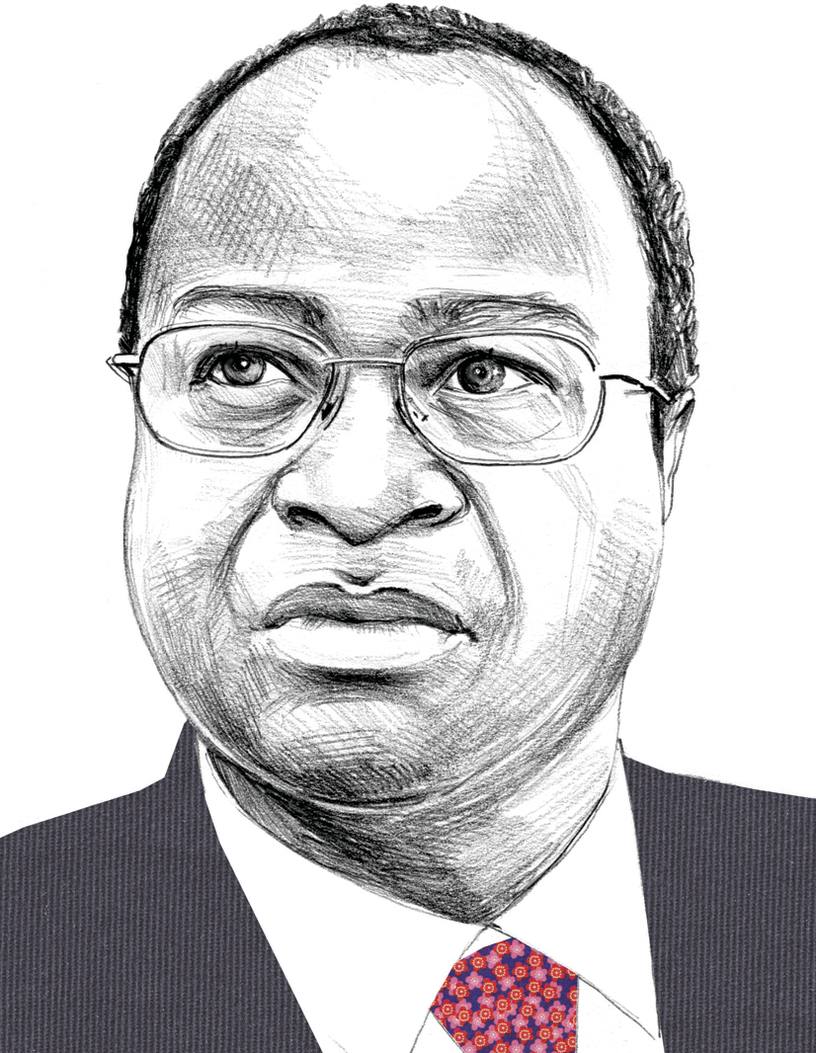In just four years, mobile financial services have revolutionised the fiscal landscape in Tanzania.
Tanzania identified mobile financial services as being crucial to enhancing access to and usage of financial services among the unbanked population in our national financial inclusion framework, which was launched in 2013. Through the contribution of mobile financial services, the number of financially excluded people in Tanzania has already been more than halved to 27% of adults as of 2013, compared with 55% in 2009, when mobile financial services were introduced to the country. The development of mobile finance has made it possible for millions of Tanzanians to have greater access to financial services, which 55% of adults now use through 12.3 million active mobile accounts in the country (as of July 2014).
In addition to being used for payment and remittance services, mobile financial services have enabled more than 6 million people to store value or save credit in their mobile wallets, thus enhancing the potential to migrate the unbanked to the banking system. Importantly, this service has been adopted across Tanzanian society – rural and urban populations have active usage of about 39% and 51% respectively, while 41% of women and 45% of men are active users.
A new paradigm
The entrance of mobile network operators (MNOs) into the financial market space had the potential to create a new paradigm for Tanzania; it required a bold decision to allow MNOs to offer financial services. Throughout the process of inception I advocated and propagated an approach designed to permit mobile financial services to operate through a flexible regulatory framework that imbued proportionate risk management measures, balanced financial stability considerations and encouraged innovations for financial inclusion. Tanzania’s experience shows that these three elements are key to the successful development of mobile financial services.
The results to date are promising. The mobile finance ecosystem we helped to create has grown to become a platform that formal financial institutions can use to provide financial services to the banked and unbanked populations.
Under the Tanzanian system, collaboration between financial institutions and MNOs is imperative as the latter are only allowed to offer money transfer services, leaving other financial services to financial institutions. We have continued to encourage innovation by instilling interoperability in the mobile financial services system from the outset; we now have confirmed interoperability arrangements between three of the MNOs in the country, a first of its kind in the world. We have also set policies to allow the distribution of interest from trust accounts directly to mobile financial service users, and already one MNO is distributing interest payments directly to its MFS customers.
Growing access
These initiatives are geared to complement the competitive mobile money market and to extend competition to other financial services to enhance innovation and boost the efficiency of service delivery. The potential space for collaboration and partnership has also been extended with financial institutions able to offer savings, insurance, pension and credit services via MNOs. The recent geographical mapping exercise undertaken in Tanzania shows that at the end of 2013, 45% of (or 20.1 million) Tanzanians lived within five kilometres of a financial access point compared with 35% in 2012. A combination of MFS agents and bank agents using mobile technology have played a significant role in boosting the number of access points in the country.
We are committed to ensuring the benefits ushered into the market by mobile financial services are sustained in the long-term through effective risk mitigation ensuring the safety and integrity of this class of financial products. We closely monitor new innovations to confirm they meet or exceed our regulatory standards and are working towards ensuring a level playing field in the financial market space. Our objective is to ensure that all MFS products available in Tanzania are of a high quality, raising levels of trust in the system and thus lifting levels of inclusion.
We value the potential of technology in enhancing financial inclusion, we encourage innovation and we have strategies to ensure that demand-driven products are deployed to meet the needs of the financially excluded population. Through initiatives such as the Alliance for Financial Inclusion, a member-led global network that encourages interaction between financial policy-makers, we are now sharing our experiences with the rest of the world.
Benno Ndulu is the governor of the Central Bank of Tanzania.












